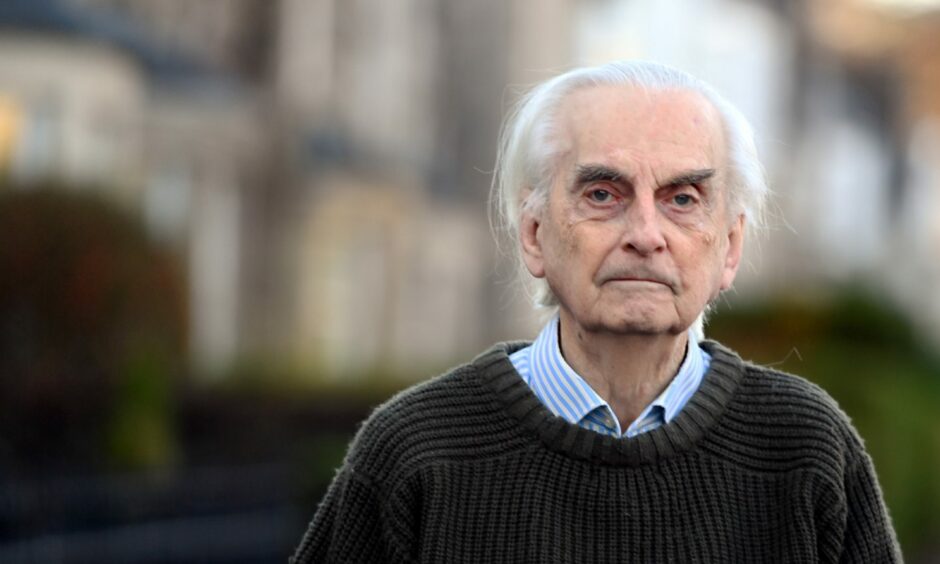Hundreds of Highland pupils have been forced to stay at home this week as Covid cases break out and close schools.
Council bosses shut down a number of schools across the region due to Covid cases being traced to both staff and students.
Closure announcements started on Monday with Miller Academy Primary School in Thurso the first to close.
Inverness High School quickly followed as schools began to close at a high rate.
On Tuesday, Ardersier Primary School and Nursery, Avoch Primary School and Nursery, Grantown Grammar School closed. Three Skye schools – Knockbreck Primary School and Nursery, Struan Primary School and Nursery, and Carbost Primary School and Nursery – also shut their doors.
And on Wednesday, more than 800 students are staying at home as both Lochinver Primary School and Charleston Academy, in Inverness, joining the list of schools that have had to close.
The map below shows the schools which have closed and their distance from one another.
What is happening in Highland?
Covid numbers across Scotland have remained steady at around 2,000 new cases reported every day – numbers have occasionally spiked in certain health boards.
Due to outbreaks closing schools throughout this week, a Highland spokeswoman said: “There are a number of schools across Highland which are affected by positive Covid-19 cases or localised outbreaks.
“Unfortunately, some schools are temporarily closed as staff members, identified as close contacts, are following public health advice to self-isolate and book a PCR test.
“Individual schools will contact parents and carers when they are ready to reopen and we would like to thank the affected school communities for their continued understanding and patience.
“The Highland Council continues to work in close partnership with NHS Highland’s Health Protection Team.”
Why is it happening?
As notices of closures trickled in this week, many schools reported staff shortages. With teachers either testing positive or having to go into self-isolation on short notice, schools haven’t been able to provide cover in time to keep classes going.
In a letter to parents, the Charleston Academy leadership said they had “no option” but to close some classes temporarily.
“Unfortunately, there are a large number of staff absent due to Covid testing. Please note that they are isolating awaiting test results rather than having positive results.
“However, (on Wednesday) it is impossible to cover all classes and therefore S1-S3 pupils are asked to stay home.”
Many of the closed schools are miles apart and unlikely to be directly affected by one another. A spokeswoman from NHS Highland said that there is no single situation causing the numbers.
But the virus continues to spread in communities, she said, and officials always brace for a post-holiday spike.
“The return of children from the October holiday is likely to have been one of several causes contributing to the rise in cases as children are mixing with others in a different environment.
“We often saw more respiratory infections in schools after holidays before COVID. It is possible that cases will increase after the winter holiday, but this will also be dependent on many factors in the community beyond schools and children.”
Young people as spreaders
Highland isn’t alone in dealing with a recent spike in Covid-19 cases schools. After returning from the October holidays, schools across the north and north east saw a surge in Covid-19 related absences.
Aberdeen microbiologist Prof Hugh Pennington highlighted the fact that young people are contributing greatly to the current community cases.
“The spread of the virus is still mostly in young people. And we haven’t really quite worked out how young the spreaders are. The secondary students no doubt are spreading it among themselves.
“And it is affecting other older people by spilling out of the large number of young people who are infected.”
He suggested that vaccinating schoolchildren of all ages could cut down on school closures and curtail “spill-over” infections to adults.
“We know that the vaccine is safe as any other vaccine in these young kids. My view is the more we immunize the better.”
And what about the weather?
Over the October holidays, students took vacations, visited friends and family and probably spent more time inside as the days grew shorter.
Prof Pennington said that all of these factors help the virus spread.
“We know that of all the places where the virus does spread the most easily, it’s within the home.
“As the weather gets colder, the virus will get busier. I think the peak time one would expect is that the really busy time will be just after Christmas.
“But how busy it will get is very hard to say. That’s really based on our previous experience with flu.”
Covid-19 is much more contagious than the flu and causes a stronger infection. But after more than a year of study, the flu is still the closest model researchers have when trying to predict how Covid-19 will spread.
NHS officials urge everyone to continue minimizing close contact with others and keeping an eye out for symptoms. They advise anyone who feels ill to book a PCR test and isolate immediately.
More from the P&J
Councils ban live Christmas shows in schools
NHS Grampian: Case numbers rising could lead to restrictions

